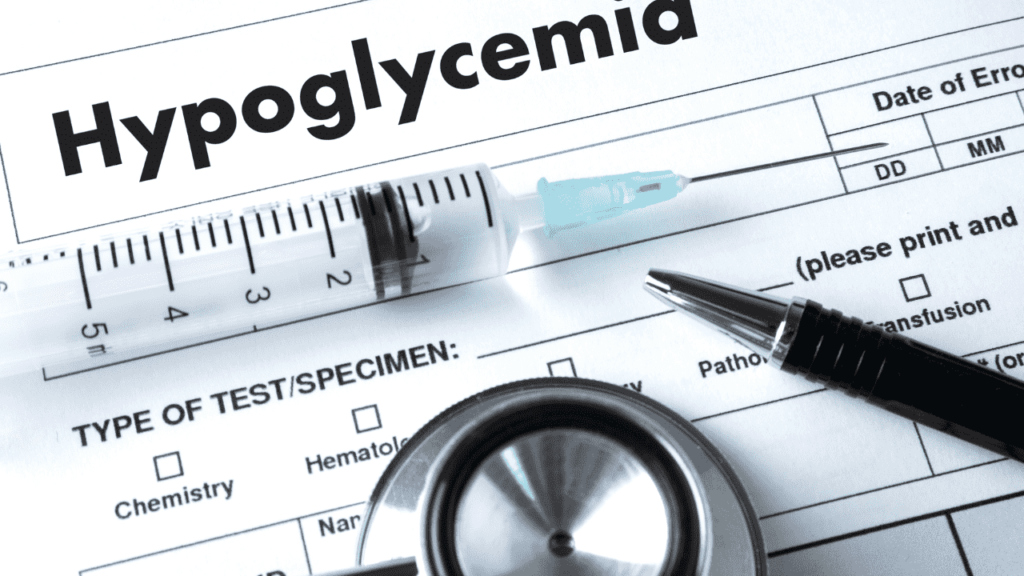Hypoglycemia, often referred to as low blood sugar, is a condition that affects millions of people worldwide. It occurs when the level of glucose (sugar) in the blood drops below normal levels, leading to a variety of symptoms ranging from mild to severe. Despite its prevalence, hypoglycemia can be misunderstood and misconceptions about its causes and management abound. In this article, we’ll delve into the facts and myths surrounding hypoglycemia, and explore strategies for effectively controlling this condition.
Understanding Hypoglycemia
Hypoglycemia occurs when the body’s glucose levels drop below 70 milligrams per deciliter (mg/dL). This can happen for a variety of reasons, including:
Medication
Certain medications, particularly those used to treat diabetes such as insulin or sulfonylureas, can cause hypoglycemia if not taken correctly or if the dosage is too high.
Dietary Factors
Skipping meals, not eating enough carbohydrates, or delaying meals can all lead to drops in blood sugar levels.
Excessive Exercise
Intense physical activity can cause the body to use up glucose more quickly, leading to hypoglycemia, especially if proper precautions are not taken.
Alcohol Consumption
Drinking alcohol, especially on an empty stomach or in excess, can lead to hypoglycemia as it can interfere with the body’s ability to regulate blood sugar levels.
Myths about Hypoglycemia
Despite being a common condition, there are several myths and misconceptions surrounding hypoglycemia. Let’s debunk some of these myths:
Myth: Only people with diabetes can experience hypoglycemia
Fact: While hypoglycemia is more common in individuals with diabetes, it can occur in anyone, including those without diabetes, due to various factors such as diet, medication, or medical conditions.
Myth: Eating sugar is the best way to treat hypoglycemia
Fact: While consuming sugary foods or drinks can help raise blood sugar levels quickly in cases of severe hypoglycemia, it’s important to follow up with a balanced meal or snack containing protein and carbohydrates to stabilize blood sugar levels.
Myth: Hypoglycemia only occurs in people with poor control of their diabetes
Fact: Hypoglycemia can occur in individuals with well-managed diabetes, especially if they take certain medications that increase the risk of low blood sugar.
Strategies for Control
Managing hypoglycemia involves a combination of lifestyle modifications, medication management (if applicable), and awareness of potential triggers. Here are some strategies for controlling hypoglycemia:
Regular Monitoring
Individuals at risk of hypoglycemia, such as those with diabetes or reactive hypoglycemia, should monitor their blood sugar levels regularly using a glucometer. This helps track fluctuations and identify patterns.
Balanced Diet
Eating regular meals that contain a balance of carbohydrates, protein, and healthy fats can help stabilize blood sugar levels and prevent hypoglycemia. Avoiding excessive consumption of high-sugar foods and drinks is also important.
Medication Management
If you have diabetes or another condition that requires medication known to cause hypoglycemia, work closely with your healthcare provider to adjust your medication regimen as needed and monitor your blood sugar levels regularly.
Exercise Precautions
If you engage in physical activity, especially intense or prolonged exercise, take precautions to prevent hypoglycemia. This may include monitoring your blood sugar levels before, during, and after exercise, and adjusting your carbohydrate intake accordingly.
Alcohol Awareness
If you choose to drink alcohol, do so in moderation and be aware of its potential effects on blood sugar levels. Avoid drinking on an empty stomach and monitor your blood sugar levels closely if you consume alcohol.
In conclusion, hypoglycemia is a common yet often misunderstood condition that can have significant implications for health and well-being. By understanding the facts and debunking myths surrounding hypoglycemia, and implementing strategies for control, individuals can effectively manage this condition and lead healthy, fulfilling lives. If you suspect you may be experiencing hypoglycemia or have concerns about your blood sugar levels, consult with a healthcare professional for proper evaluation and guidance.



